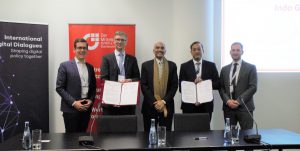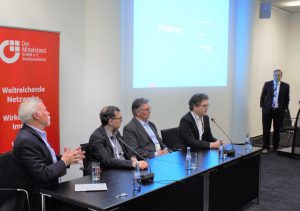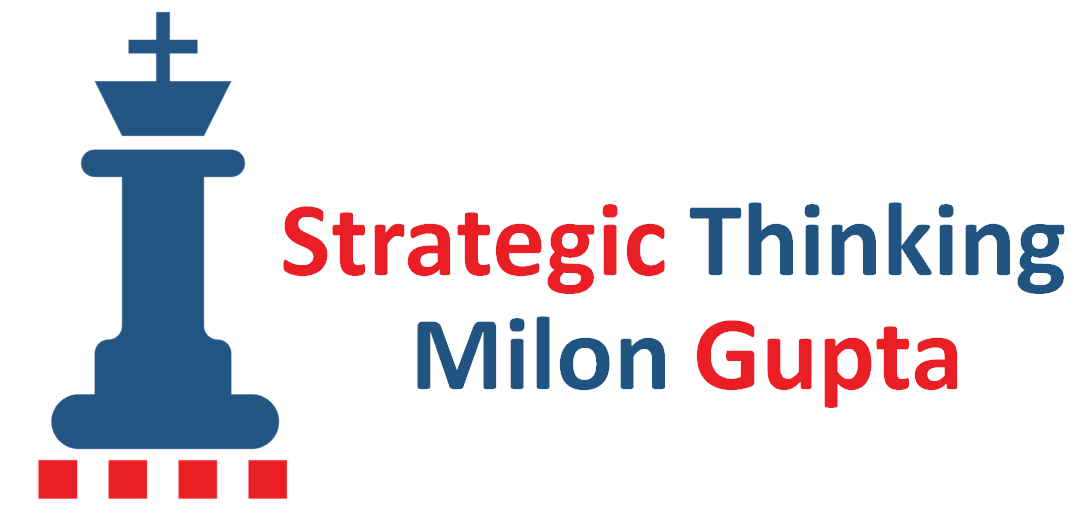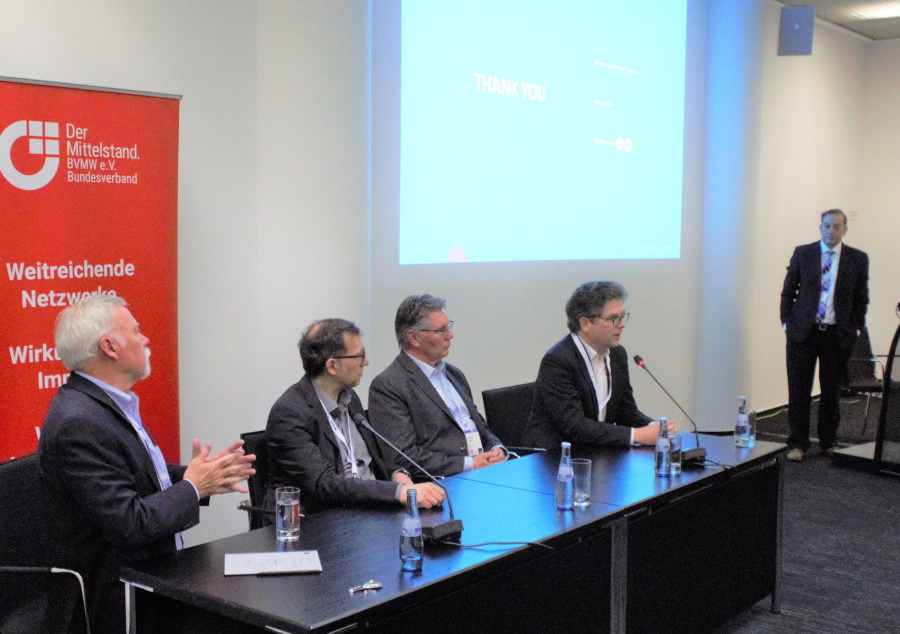 There are strong signals that the collaboration between India and Germany in the IT sector is entering a new phase. So far, the focus has been on German companies hiring Indian IT experts and offshoring IT work to Indian branch offices as well as outsourcing software development and business process management services to Indian firms.
There are strong signals that the collaboration between India and Germany in the IT sector is entering a new phase. So far, the focus has been on German companies hiring Indian IT experts and offshoring IT work to Indian branch offices as well as outsourcing software development and business process management services to Indian firms.
For a number of years, mostly large Indian IT firms like Tata Consultancy Services, Infosys, and Wipro have already been present on the German market. However, the total presence of Indian IT companies on the German market has been quite limited. This may soon change, as more Indian IT firms have discovered the huge potential of the German market.
Indo-German Digital Dialogue
In view of the accelerating digitalisation and the lack of IT experts in Germany, there is also a strong interest from the German business community and the German government to expand the Indo-German IT collaboration. Already in 2017, Germany and India had set up the Indo-German Digital Dialogue, which aims to shape favourable framework conditions for a digital transformation of both economies. The dialogue is headed by the German Federal Ministry for Digital and Transport (BMDV) and the Indian Ministry of Electronics and Information Technology (MeitY).
Signing of MoU between BVMW and NASSCOM

Panel discussion on Indo-German IT collaboration

The panel discussion highlighted both the opportunities as well as the challenges for Indo-German IT collaboration. The opportunities are mainly based on the complementarity between German industry, which is world-leading in sectors like manufacturing, automotive and pharma, and the Indian IT industry, which is the world’s largest exporter of IT services. This complementarity offers a high potential for collaboration through co-creation and strategic alliances.
Germany is currently only at mid-level in global digitalization rankings. However, digitalization has accelerated during the Covid-19 pandemic and is expected to progress at a fast pace, due to the central role of information and communication technologies for addressing major challenges like carbon neutrality, cybersecurity, and smart mobility.
While the market potential is huge, there are also considerable barriers for Indian SMEs intending to engage in the German IT market: 1. Competition – IT providers from the US, Germany and other countries pose strong competitive challenges, as they have large market shares and long-standing customer relationships; 2. Compliance – Complying with the high level of regulations in the EU and in Germany in areas like labour laws and data protection can be a hard task for new entrants; 3. Culture – Management approaches, communication styles, and work processes in German businesses can be quite different from an Indian perspective, which could at least initially limit the effectiveness of business acquisition and service delivery.
Conclusion
There is a strong mutual interest to grow the Indo-German IT collaboration. The prospects are very promising and the challenges are manageable. Overall, the opportunities of Indo-German IT collaboration clearly outweigh the challenges. By forging strategic alliances, Indian and German SMEs in the IT sector could significantly reduce their business risks while increasing their competitiveness and growth prospects.

